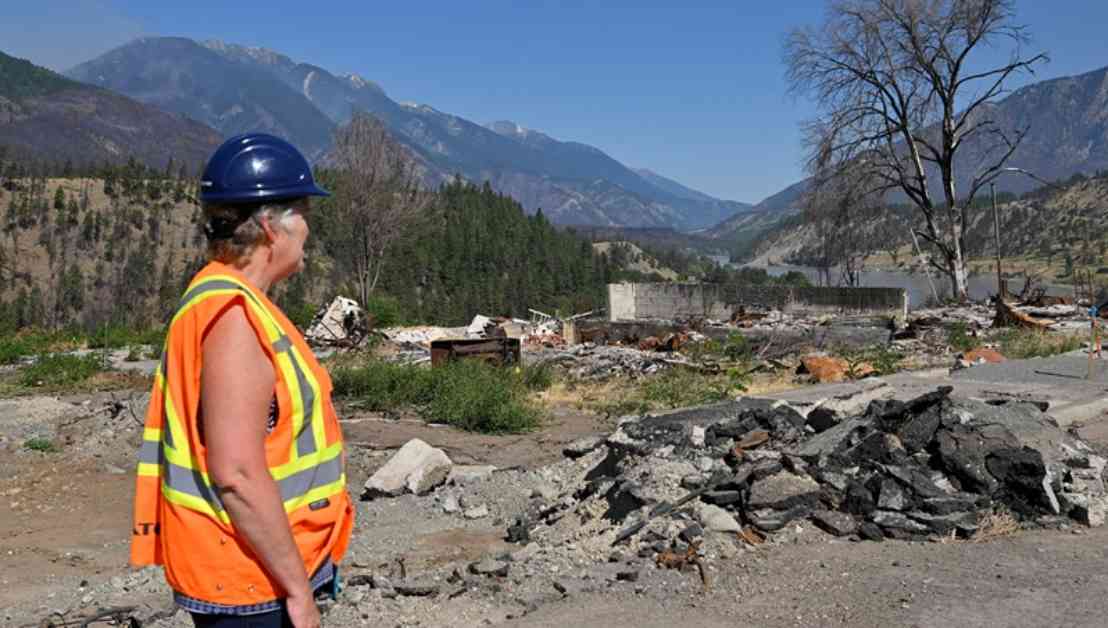Canada Disregards Official Advice on 2035 Emissions Target
In a move that has sparked controversy and concern, the Canadian government has set a new emissions reduction target for 2035 at 45-50% from 2005 levels, despite recommendations from the Net Zero Advisory Board (NZAB) for a more ambitious 50-55% goal. This decision has left many experts and climate campaigners questioning Canada’s commitment to combating climate change effectively.
The Importance of Ambitious Targets
The new target announced by Canadian Environment Minister Steven Guilbeault aims to align with the government’s promise to ensure a safe, sustainable, and prosperous world for future generations. However, the NZAB has warned that this lower range could jeopardize Canada’s progress towards achieving net-zero emissions by mid-century. The board emphasized the need for a national effort to exceed the 50% reduction mark by 2035 to ensure affordability and effectiveness of climate policies.
International Comparisons and Criticisms
Comparisons with other nations like the UK, EU, and Japan further highlight the inadequacy of Canada’s target. Catherine Abreu, a member of the NZAB, pointed out that Canada’s proposed decrease in emissions of 1% per year between 2030 and 2035 lags far behind the more substantial reductions achieved by other G7 countries. This discrepancy not only undermines Canada’s global credibility but also raises concerns about the effectiveness of its climate policies.
Challenges and Opposition
Despite efforts to implement measures like a carbon tax and emissions cap, Canada continues to face challenges in reducing emissions, particularly in sectors like oil and gas production and transportation. The right-wing backlash against climate policies, including the carbon tax, poses a significant obstacle to progress. With federal elections on the horizon, the Conservative Party’s opposition to climate initiatives further complicates the situation.
Looking Ahead
As Canada navigates these challenges and debates, the importance of setting ambitious and effective emissions targets cannot be overstated. The decisions made today will have a lasting impact on the future of our planet and the well-being of generations to come. It is crucial for policymakers, experts, and citizens to work together towards a sustainable and climate-resilient future. Let’s continue to push for stronger climate action and hold our leaders accountable for their commitments.














